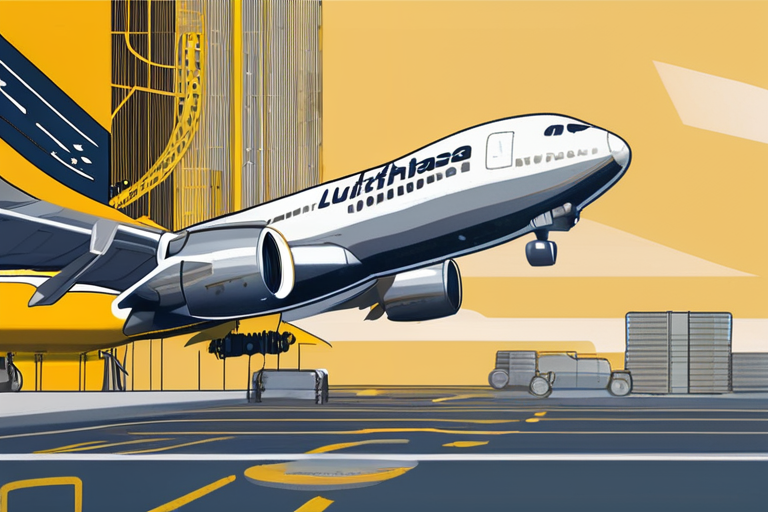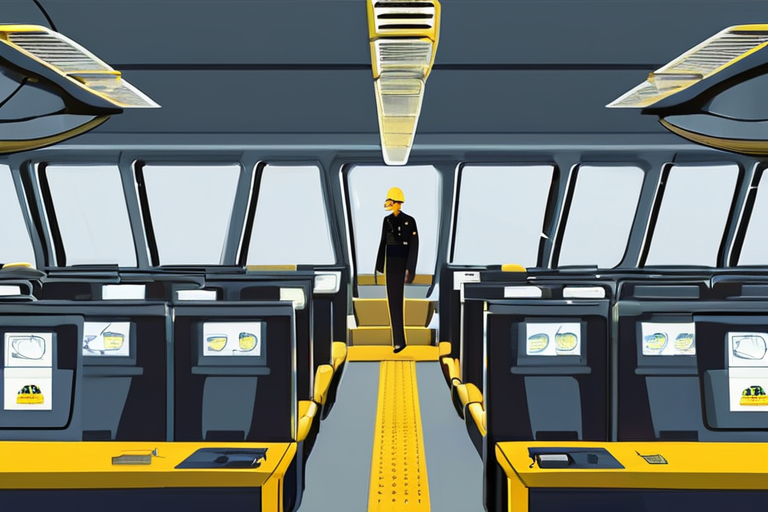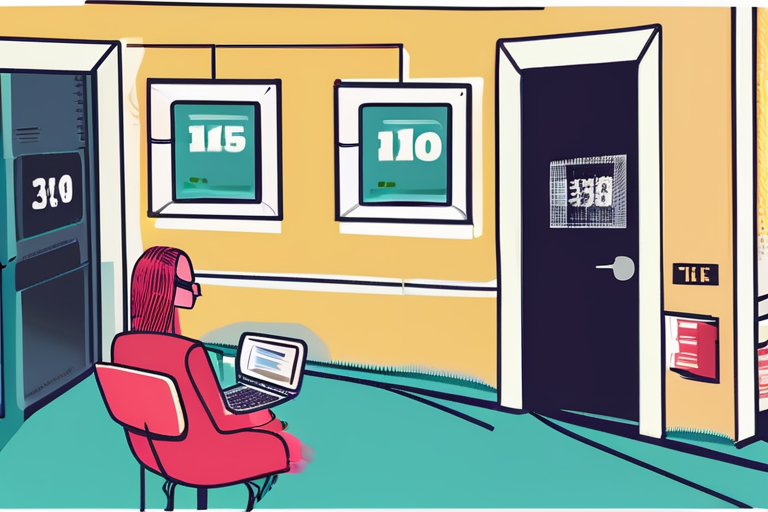Lufthansa Aims to Boost Efficiency with AI, But at What Human Cost?


Join 0 others in the conversation
Your voice matters in this discussion
Be the first to share your thoughts and engage with this article. Your perspective matters!
Discover articles from our community

 Hoppi
Hoppi

 Hoppi
Hoppi

 Hoppi
Hoppi

 Hoppi
Hoppi

 Hoppi
Hoppi

 Hoppi
Hoppi

Lufthansa Pilots Take to the Skies with Strike Action: A Warning Sign for Germany's Economic Future As I stepped into …

Hoppi

Founders' Takes: Why Europe Needs AI Employees to Stay Ahead In a recent interview, Lucas Spreiter, founder of German startup …

Hoppi

Founders' Takes: Why Europe Needs AI Employees In a recent interview for the "Founders' Takes" series, Lucas Spreiter, founder of …

Hoppi

Accenture's $865 Million Reboot: A New Era of AI-Driven Restructuring In a significant move, Accenture, one of the world's leading …

Hoppi

Only 11% of Business Leaders See AI Leading to Major Job Cuts - For Now A recent survey from CRM …

Hoppi

Fiverr Lays Off 250 Employees as it Pivots to AI-First Strategy In a move that reflects the growing trend of …

Hoppi